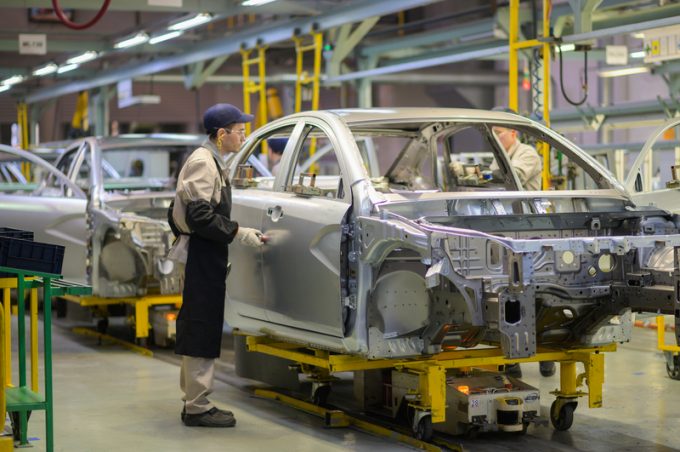EU 'frustration over what UK wants' as further trade talks loom
Supply chain operators are being warned not to get their hopes up of any imminent ...

Britain’s automotive sector has been “paddling furiously beneath the water line” to keep supply chains moving, thanks to the new trading arrangement.
Honda Motor Europe’s senior VP, Ian Howells, and chief executive of the Society of Motor Manufacturers and Traders Mikes Hawes told the Business and Brexit Preparedness Committee that Brexit had been an exercise in “damage limitation”.
“It’s too early to speak of any tangible benefits from Brexit, most of the industry is looking at it in terms of damage limitation,” ...
USTR fees will lead to 'complete destabilisation' of container shipping alliances
Outlook for container shipping 'more uncertain now than at the onset of Covid'
Flexport lawsuit an 'undifferentiated mass of gibberish', claims Freightmate
Shippers warned: don't under-value US exports to avoid tariffs – 'CBP will catch you'
Cancelled voyages take the sting out of spot rate declines this week
New Houthi warning to shipping as rebel group targets specific companies

Comment on this article